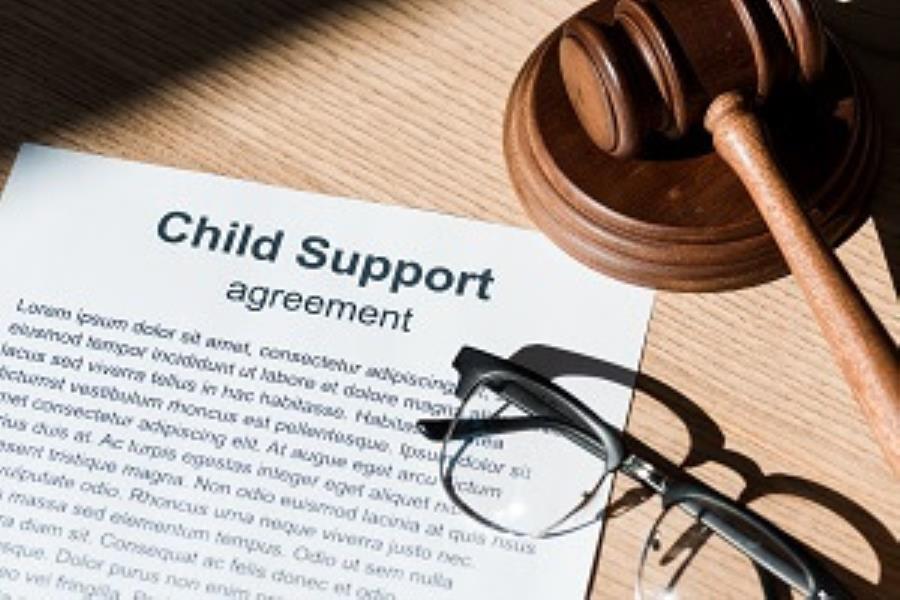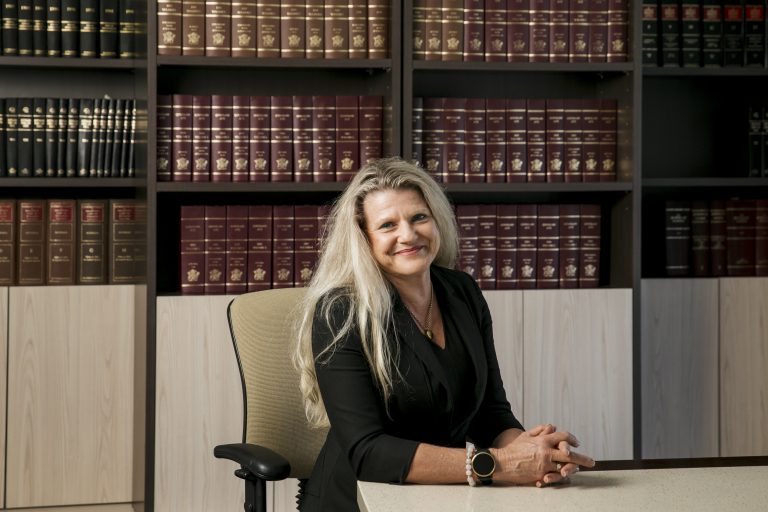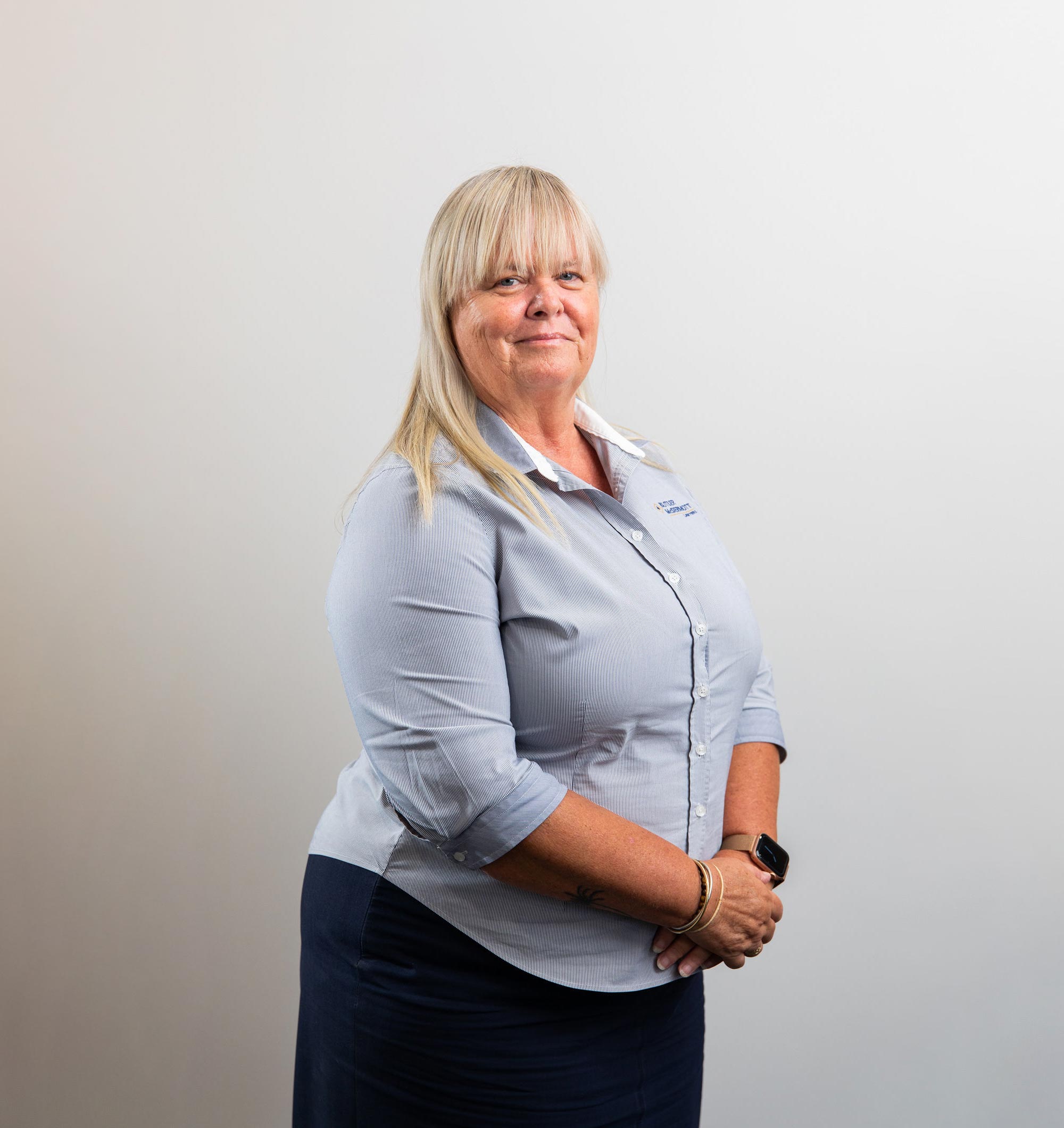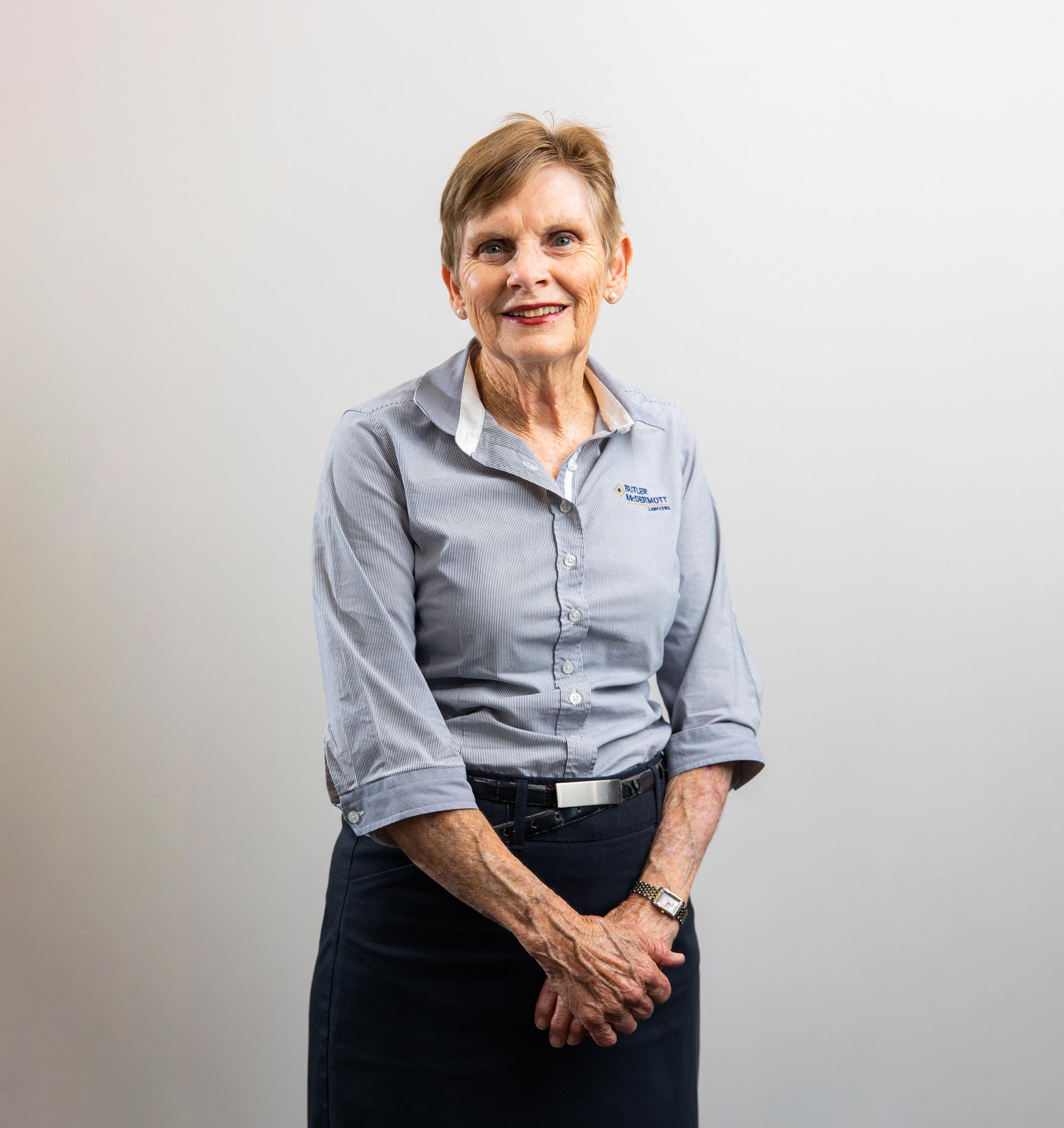Disclaimer: The contents of this blog are not intended as legal advice and are generally informative at the time of publishing. Obtaining up-to-date and professional advice from a solicitor specialising in this area is always advised.
Child Support is difficult to think about or discuss when there has been a separation. So often, emotions are high, and it can cause further conflict in an already volatile time in your life.
Depending on your relationship with the other parent, it can be worked out together as a private agreement, a Binding or Limited (non-binding) Agreement or a collection by the Child Support Agency (CSA). Having a basic understanding of Child Support and its purpose can remove many historical misunderstandings and conflicts surrounding it.
What does Child Support cover?
Child Support is a system designed so that separation does not diminish a child’s financial position. Child Support has a complicated formula that takes into account:
- The number of nights the children spend in each parent’s home.
- The income of each parent.
- The age of the children.
- Special circumstances include a child requiring extra medical care, private schooling, and after-school activities that both parents would intend for them if they were still together. Under special circumstances, if there is any dispute, applications can be made to accommodate them.
Child Support is designed to cover the basic needs of the child or children involved, such as healthcare, food, clothing, shelter, transportation, and education.
When does Child Support end?
Child Support ends once the child turns 18. However, if the child turns 18 during the current school year, you can apply for Child Support to continue until the end of that school year.
Does Child Support change if I or my ex remarries or commences a de facto relationship?
No, not at all. Your new partner’s income is never considered for Child Support, as only the children’s legal parents are legally responsible for the child’s financial well-being. However, if you receive any Centrelink payments, these may be affected by a new partner’s income.
What’s the difference between a private agreement and collection by the Child Support Agency?
A private or self-management system of Child Support is where you decide on an amount for one parent to pay to the other without the need for the Child Support Agency to be involved. For example, you may still have the required amount assessed by the Child Support Agency but pay by private bank transfer or by paying other commitments such as private schooling, dental, after-school activities, or house or car payments. If you choose to self-manage, it is essential that you keep a good record of payments and that any transfers are marked as Child Support.
Can you change from private collection to agency collection?
Yes, you can. You can ring the Child Support Agency (CSA) as the Receiving Person and request they commence collecting. This doesn’t need to be discussed with the Paying Parent if you think this will cause conflict, put you at risk, or you don’t feel confident in holding that conversation.
As the Paying Parent, you can also request that the CSA collect the Child Support instead if you have any concerns.
Can Child Support be backdated?
If the Paying Parent has stopped or is limiting payment as you had previously agreed, you can ask for up to three months of arrears. You can request up to nine months of arrears if special circumstances such as domestic violence are involved. Be aware that if you have a Binding or Limited Child Support agreement, there may be other conditions per your Agreement (we get to this shortly).
Can Child Support assessments be changed?
Yes, there are many reasons that you can ask for a re-assessment. However, these grounds are mainly covered by the following reasons, and they can be applied to be considered by the following applications and forms:
- Capacity To Earn form COA, where you believe they may have hidden income, deliberately underestimated, or avoided work to avoid or reduce their payment.
- A Special Circumstances Form (CS1970) for an unexpected or additional cost such as medical and educational.
- If the Paying Person has a child in their care that is their dependent, e.g. new baby or adoption.
If the Paying Parent disputes your application, you may be called upon to prove your income and need to supply bank statements just as they are. The other person may be able to view these documents.
Also, in the first three years of separation, either parent may work extra hours, overtime, or take on extra work. They may apply for an exemption to have that amount excluded from the calculated Child Support Amount in the spirit and application that they are doing extraordinary work to enable them to rebuild after a relationship breakdown. So their taxable income may vary from what is used in the Child Support calculation.
Can lawyers change Child Support Agreements?
Lawyers can draw up Child Support Agreements as part of the separation process. You can do this any time after separation and before the child or children turn 18.
Child Support is a complicated and particularly personal issue that differs for every person and situation. However, for some separating couples, having a Child Support Agreement may be beneficial as it can be tailored to the individual needs of the children involved and the financial situations of each of the parents.
Both parents should obtain independent legal advice for any Child Support Agreement, either Binding or Limited (non-binding). Any Agreement must be viewed and approved by the registrar of the Child Support Agency before it can be registered with the Child Support Agency.
Once they are registered and approved by the Child Support Agency, if there are any changes of circumstances where you wish to have the agreement changed or set aside, you must apply to the Federal Circuit and Family Court of Australia unless a clause is included that allows variations on specific issues.
If you are considering a Binding or Limited Child Support Agreement, it is necessary to obtain advice and guidance from experienced solicitors in a specialised Family Law Firm to ensure your children’s best interests are being catered for, while the conditions of the Agreement also protect you.




















